|
Over the years, I’ve observed thousands of children in music.
Their inventiveness always amazed me. Their succinctness always humored me. And their kindness always humbled me. I’ve watched my share of the teaching species, especially “musica magister” – music teachers. And I’ve had more than a passing interest in the market. They say the stock market is driven by two basic human elements - fear & greed. Fear during a bear market and greed during a bull market. Two sides of the same coin. Teaching is a little bit like that. Teachers can be predicted to be driven by a similar coin. The concepts of fear and greed might be motivators to some educators but I would employ gentler terms like “insecurities” and “endorsements”. (Side bar: When neither of those motivators are present, the result is often “autopilot” and we've all known teachers who are stuck on that setting. The autopilot skill-set never changes, the mindset never changes, and they go with the flavor of the week as presented at professional development sessions. They stay true to the school’s academic path, say “Hail, Caesar!” in their sleep, and rarely if ever deviate from that dance step.) When things are going well in a teacher's career, they find themselves getting endorsements from many who come in contact with them: principals, their peers, kids, parents, all smile when the teacher shows up. They are pro-active. They have momentum in their work and the wind is at their back. They may or may not be improving their skill set but sometimes that doesn't matter when you have momentum because momentum alone will take you very far. Get enough endorsements and you might move onto the “bonus round” and get an award or two. More often than not, an award consists of a certificate, a photo op ceremony, and an “atta boy!” or “atta girl!” Once in a great while, an award comes with a monetary prize which, when pro-rated against the 7.5 job hours as well as the hours spent over and above the 7.5 hours, amounts to pennies on the dollar. The unwritten understanding is that you plow any award monies back into your classroom. So, to paraphrase Seinfeld’s Soup Nazi “No money for you!” Of course, once teachers with endorsements leave the environs of the school, the wind that was at their back suddenly disappears. Once they are standing alone in the school parking lot, their sails collapse and their fate is at the mercies of the tides. And then there are the insecure teachers. Insecure teachers are on the outside looking at teachers with endorsements and wondering “Why them and not me?” They have no momentum. They are tentative. They always sense that the principal is looking at them with a stern side eye. They find it hard to get kids to buy into their classes and lesson plans. Classroom management is a struggle. They dutifully say in a metaphorical way that they “cross all their ‘T’s and dot their ‘I”s” but oddly never manage to do much that requires crossing or dotting anything of significant merit. Risk aversion is always in the subtext of their professional decisions. Better to not rock the boat. They don’t think “Nothing ventured, nothing gained”. For them it’s “Nothing ventured, nothing lost”. The imperative thing to realize here is that neither the teacher with endorsements nor the teacher with insecurities sees any rise or fall in their salary based on their 7.5 hour job performance. Their 7.5 hour income rarely changes, it never blinks. It's like the Sphinx. The monetary intake from a teacher’s 7.5 hour job moves like a glacier and withstands the sands of time. Eventually, some of the teachers with endorsements start to realize that endorsements won't buy a cup of coffee at Wawa. With a little bit of analysis, it’s easy to see that the endorsement has the same effect as a nice warm bath. You feel good inside, it's relaxing, and you feel better for going through the experience. My suggestion: if you want that good, warm, cozy, relaxed feeling, opt for the warm bath. Taking an endorsement to the next level is going to require some hard work and planning. I resist the cliché “At the end of the day . . .” because the more compelling phrase is “At the end of the career . . .”. At the end of your career, as the teacher with oodles of endorsements turns in their keys at the front desk and checks out from their 7.5 hour room, they will be leaving with a wallet very similar to the teacher who has spent a career coasting on their insecurities. Question: So what is the teacher with a growing portfolio of 7.5 hour job endorsements to do? Answer: Parley those endorsements into monetary gains in their 16.5 hour businesses. Yes. Pleural. Businesses. When kids resist going to music or leave a music class saying they were bored, it can mean several things.
Aside from the music just sucking, it could be this. A Bad Case There's a good chance that the prior 45 minutes were devoid of age appropriate mental, physical, or artistic challenges. It also means there's a good chance they hadn’t laughed or felt joy. It's also pretty good bet that there were significant discipline and classroom management issues going on that aren’t being resolved and diminishing the impact of the lesson. The pace of the class could be too fast, too slow, have too many topics, or not enough variety. It can be a question of antecedents. The students may have developed a comfort level concerning management and flow of activities by the previous music teacher that is contrary to the current teacher’s approach. Students have to feel as if they have skin in the game. If the structure of the lessons is always driven by the teacher’s agenda and leaves no opportunity for student input, kids will tune out. Thankfully, all these problems have easy fixes through data collection – that is, analyzing tapes of classes, identifying the problem or problems, making course corrections, and starting over. A Worse Case When kids use the word “boredom”, it can be shorthand for some other more layered shortcoming in the relationship between the teacher and the student. When teachers think their authority and title will supersede a student’s sense of lack of power, lack of attention, desire for revenge, or feelings of anxiety or inadequacy, they are setting up their classes for failure. Before the teacher can change the class’s behavior or attitude, they have to change theirs first. The best agent for change can be the person who hears about rough music classes right after the fact: namely, the classroom teacher. Kids spill their guts to their classroom teacher. They can be candid with the music teacher concerning a negative consensus brewing among their students and suggest effective strategies, phrases, and classroom management techniques that they have embedded in their own classrooms. The Worst Case The worst case scenario is when the teacher is just flat-out bored. Bored with their themselves, bored with their job, bored with their placement, bored with their life, bored with their skill-set, bored with their plans, bored with their prospects. When a music teacher is bored, it's like a poison that seeps into the school’s well water. It sickens all the kids in the school to the degree that those children turn off music completely in their lives. In this day and age, many teachers are burning out way too soon, primarily because of the pressures of the job. It is understandable – especially given Covid-19. What is unacceptable is for the bored/burned out teacher to do nothing about it. If a teacher has lost their spark for their old love music, they need to renew their career vows, make a retreat and a sculpt a revisiting of why they are doing what they were doing in the first place. Maybe it's time for a change of venue. Or maybe it's time to teach at a different level. The thing is that often times, these changes are only surface attempts and don't really address the core issue: that the teacher has simply played out their hand, feel they’ve lost, and the result is boredom and lack of interest in what they're doing. Burnout happens in all fields and music teachers are not exempt. If you feel that you are as burned out as a charred wooden match, examine why you got into this 7.5 hour job in the first place. Try to ignite some of those old passions. Know that your career/job exists within four walls, a ceiling, and a floor and try to knock out the negative elements outside of those six boundaries. And most of all, make sure you have your one year, two year, five year, ten year, twenty year, and retirement plan in your windshield window, not in your rear-view mirror. After you've looked back at what got you into this game in the first place, look forward to the future. Reignite that pilot light and find ways to reinvent your career. If after all of that, you determine it's time to go, then go. But if there is a way to retool and restock the shelves with fresh supplies, do it. Take action, if for only one reason: people who are busy, active, and re-inventing themselves don’t have the time or energy to be bored. With all that being said, I can attest that I have never – ever – been bored for a single minute in my life. Captive? Yes. Kept? Yes. But never bored. I believe that only boring people can ever be bored. . . . . making music.
Kids intrinsically love to play and make music. What they don’t appreciate is haphazard teaching and lackluster presentation. They turn away from music teachers who don’t convincingly make music but hold their classes to a higher standard than they themselves aspire to. It's not about theory. It's not about paper and pencil. It’s not about checking our phone. It's not about talking. It’s about voices alive, instruments sounding, rolling inventiveness. It's about the excitement of making music that people want to hear. And taking it to the next place again the next day. |
AuthorBoyd Holmes, the Writer Archives
June 2025
Categories |
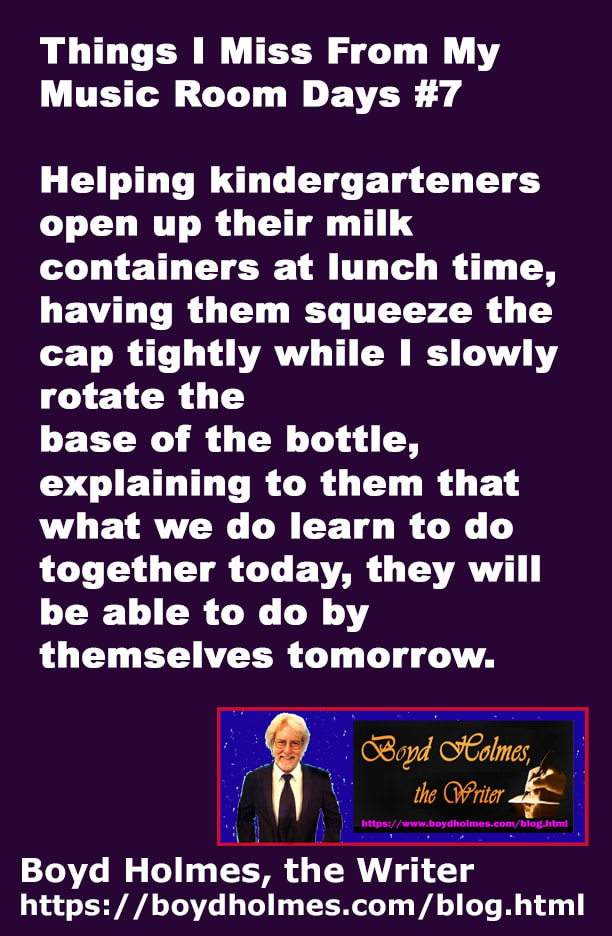
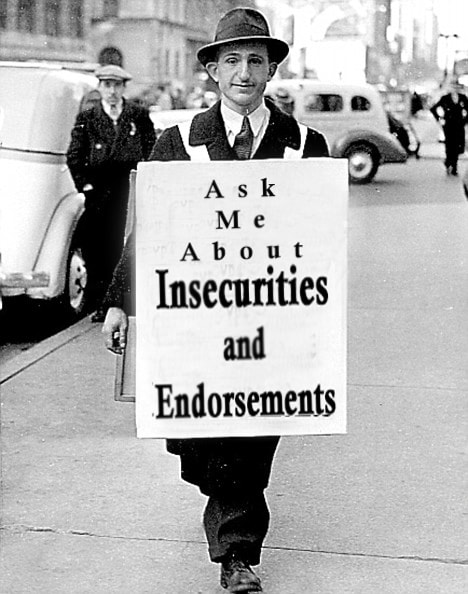
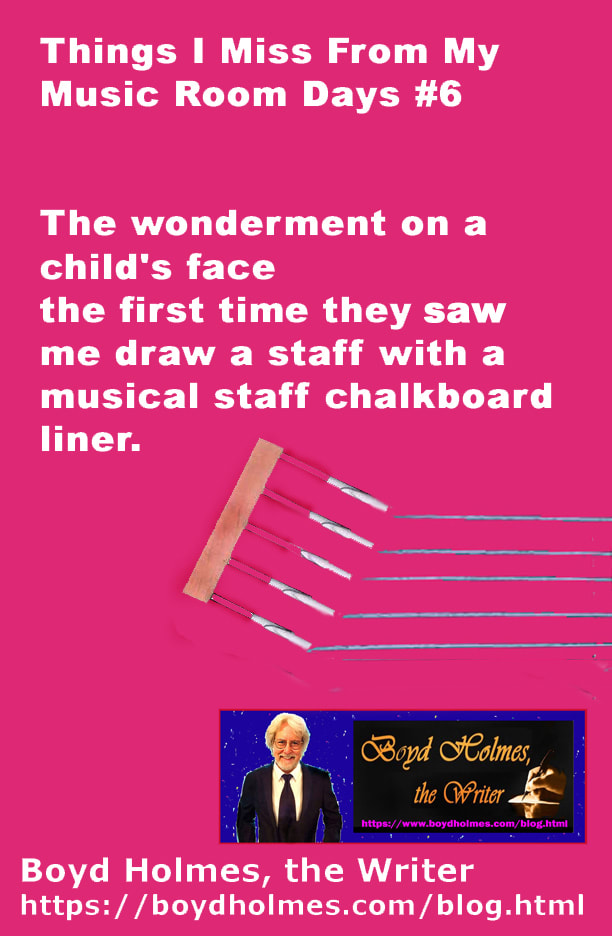



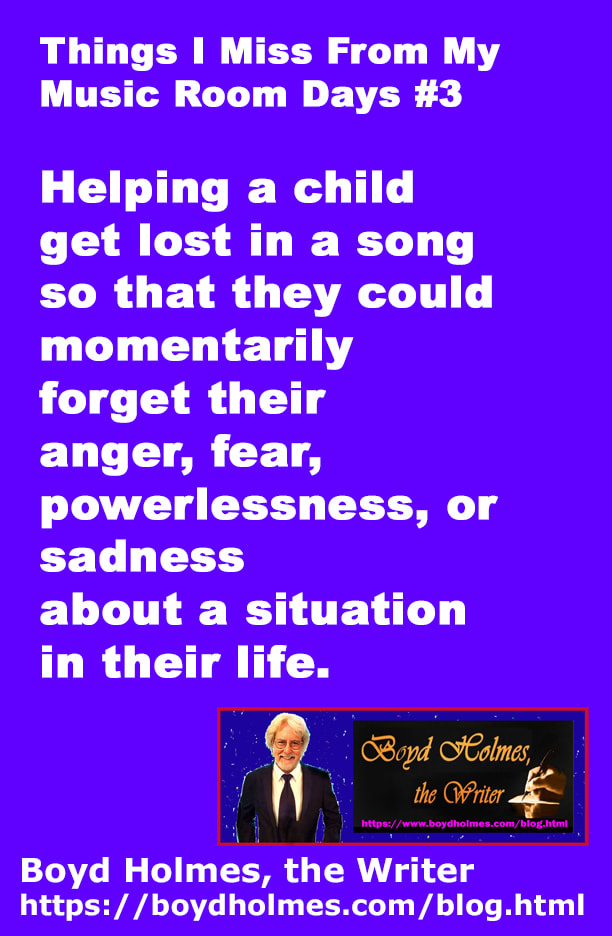
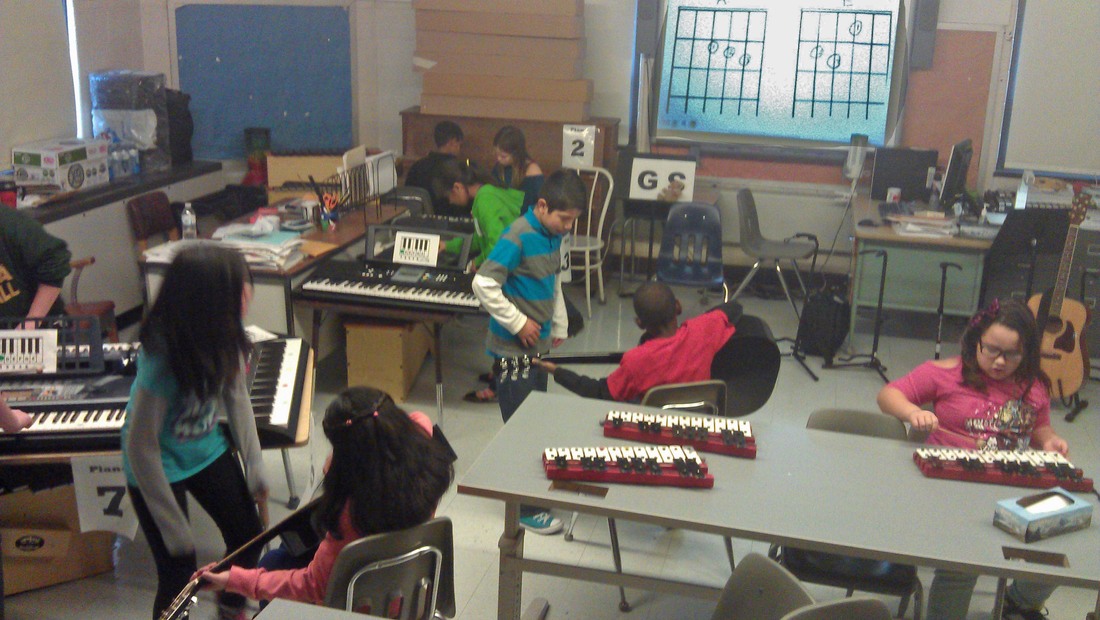
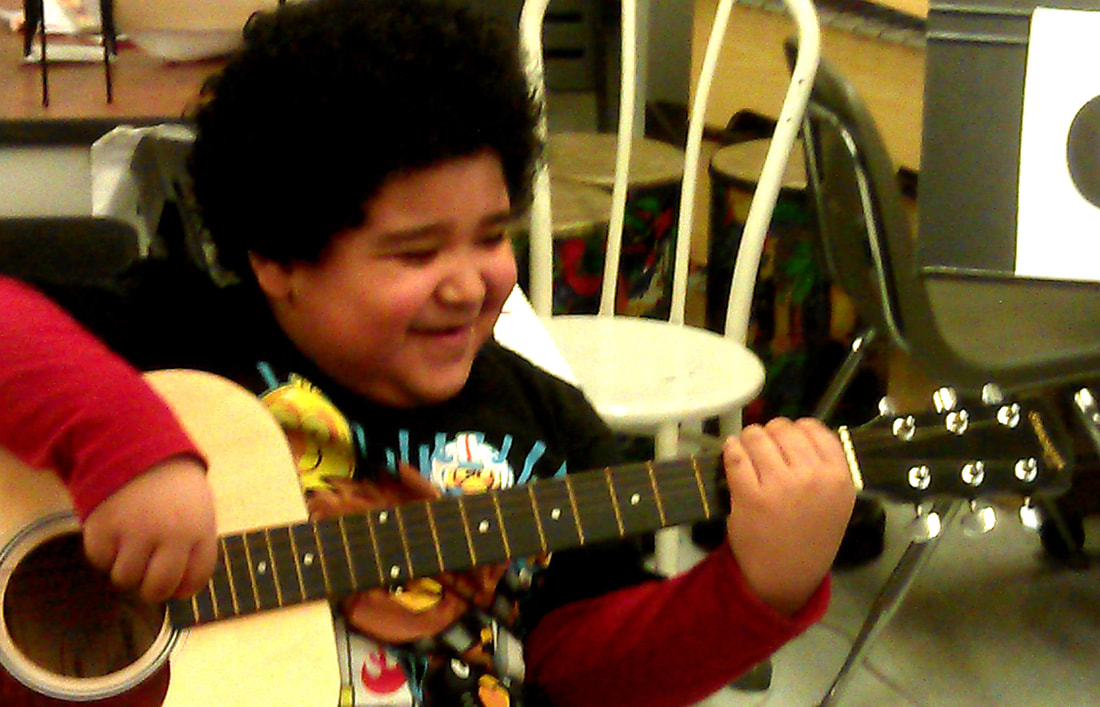
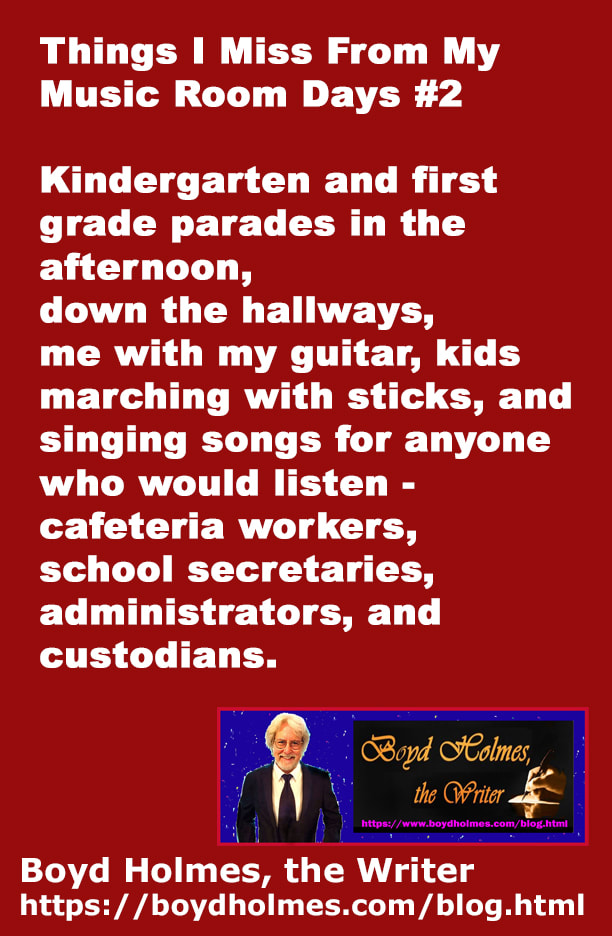
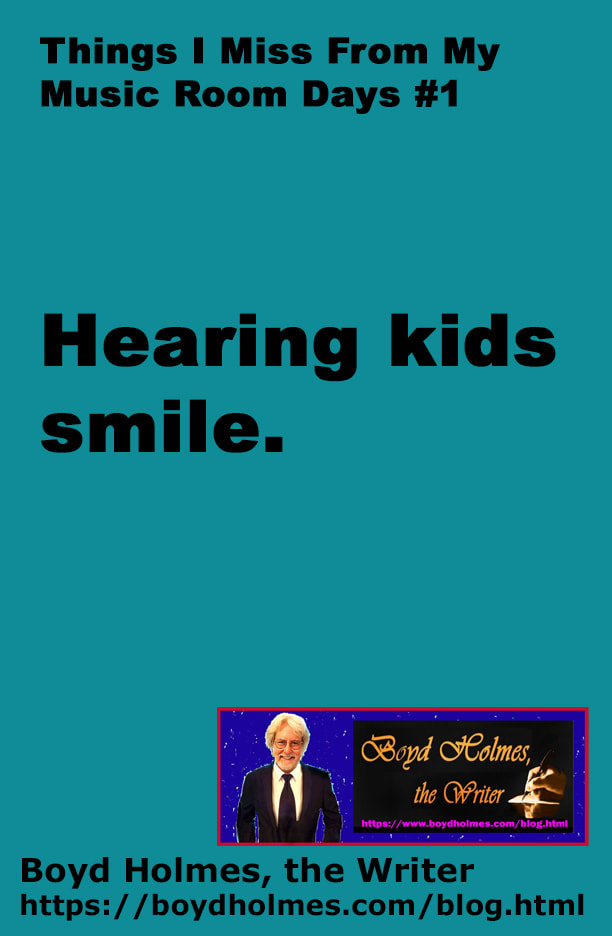
 RSS Feed
RSS Feed